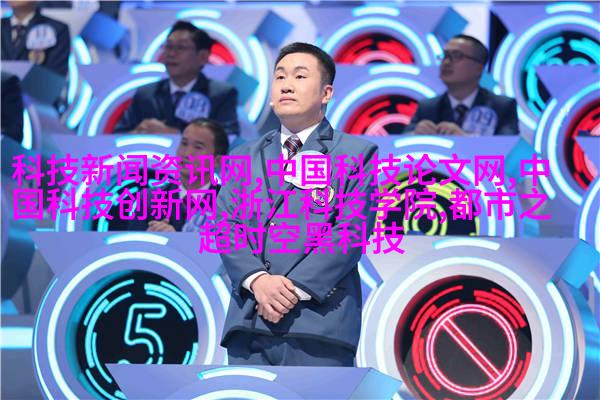在全球化和信息时代,教育作为国家发展的基石,其作用日益凸显。随着科技的迅速进步,传统教学模式面临前所未有的挑战,而exposition作为一种展开、展示和解释知识的手段,在这一过程中扮演了不可或缺的角色。

首先,我们需要明确exposition一词的含义。在不同的语境中,exposition可能指的是展览、展示,也可能是指科学研究成果的大放异彩。然而,无论其形式如何变化,其核心意义都是将某种信息或知识通过适当的方式展现出来,以便于他人理解和学习。
在教育领域内,exposition尤其重要,因为它不仅能够帮助学生更好地掌握所学内容,还能激发他们对世界的好奇心和探索欲望。例如,当老师通过丰富多彩的情景剧来讲述历史时,这就是典型的一种exposition;或者,当实验室开放给学生参观,让他们亲自体验科学实验时,这也是一个例子。

这样的做法对于提高学生兴趣、促进批判性思维能力至关重要。在传统课堂上,教师往往只是向学生传授知识,但这种单向交流往往缺乏互动性,对于一些学习者来说也许会感到枯燥无味。而通过exposition,可以让学生从不同的角度去理解问题,从而培养他们独立思考的问题解决能力。
此外,现代社会倡导的是终身学习,即个人应不断更新自己的知识储备以适应不断变化的地球环境。这就要求教育体系必须灵活变通,不断寻求新的教学方法和手段来吸引不同背景的人群。此时,exposure(即暴露)与exploration(探索)的结合,就成为推动学术发展的一个关键因素。当我们把复杂且抽象的事物“打开”、“解释”,并以实际操作或视觉呈现形式提供给人们,那么这个过程就是一种有效的心智活动,它能够极大地提高人们对这些概念理解力的认识。

因此,在实施任何类型的教育改革时,都应该考虑到how exposition can be used as a tool for enhancing learning outcomes. 为了实现这一点,一些学校已经开始采取措施,比如创建数字博物馆,让孩子们可以远程访问各种历史文物;或者组织实地考察活动,让孩子们亲身体验自然环境中的生态系统等等。
总之,将education reform with exposition integrated into the educational system has the potential to significantly enhance student engagement, motivation and understanding of complex concepts. By leveraging the power of exposure and exploration, educators can create more interactive and immersive learning experiences that cater to diverse learners' needs.

In conclusion, exposition plays a vital role in education reform by providing opportunities for students to explore new ideas, develop critical thinking skills, and deepen their understanding of abstract concepts. As we continue to navigate the complexities of modern society, it is crucial that we embrace innovative approaches like exposition-based learning to ensure that our education systems remain relevant and effective in preparing future generations for an ever-changing world.